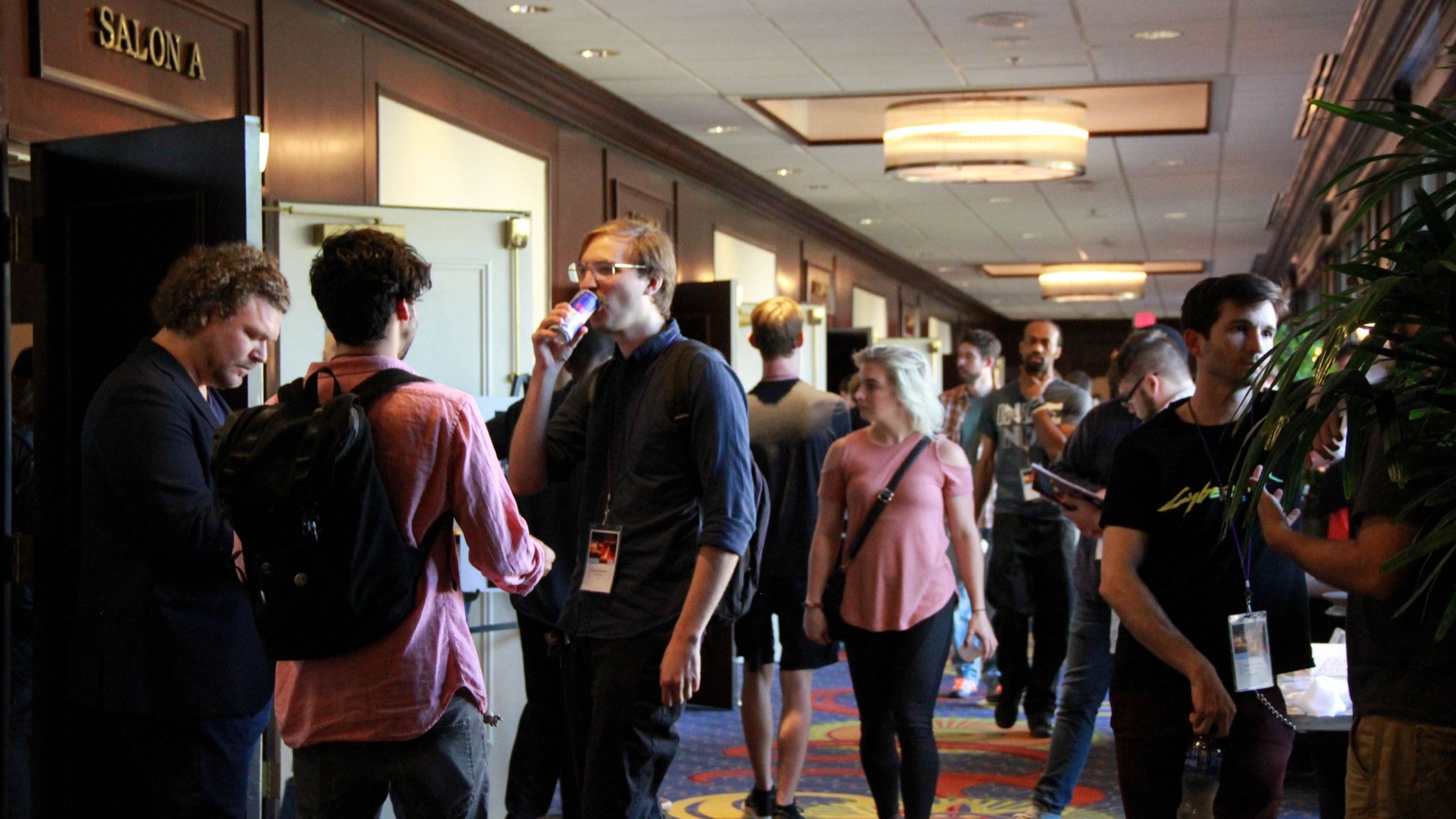News
What’s Next in Virtual Reality Gaming?
May 01, 2017
Exclusive for the GGDA
By GamingJeneration
Here in Georgia, Virtual Reality startups are sprouting up that integrate VR into their respective ventures. VRDayAtl and the Future X Live conference both highlighted the rapid growth of both AR and VR developers. Then there’s the Kickstarter-funded VRgluv now pre-selling. These are gloves that allow wearers to touch, feel and grasp objects in a VR world. They work in conjunction with headsets like Vive and Rift.
But as big as the innovation is today, it’s still unclear as to where VR for gaming is truly headed Some say that the hype will continue and VR will be polished even more, allowing it to take off like never before. Others are not so optimistic and project that the hype will die down, stating that the only people who will retain the use of the tech are the military as well as companies with interests in construction, retail, and other similar industries.
An article about the future of VR titled What the Next Few Years Look Like for VR explains how the current gaming VR capabilities are selective. Mobile VR headsets, for example, don’t have positional tracking and these devices are limited to the use of smartphones. To their credit though, manufacturers certainly considered VR with their new releases. For instance, tech resource O2 highlighted the infinity display of the Samsung Galaxy S8, which allows users to ‘see more’, whether it’s used alone or paired with the Gear VR. But the head-rotation exclusivity still caps the amount of ‘oomph’ that these devices provide when it comes to immersive VR experiences.
VR for consoles and PCs have more power and enhanced features, but the price trade-off is a big factor for consumers. And realistically, an average person is not always a hardcore gamer willing to invest in such technology. Nevertheless, VR devices are still expected to attract end-users, at least until next year. A recent prediction showed that it will be a $4 billion industry by that time, especially considering that several big names in the tech industry are investing in their own VR projects. Some of the hottest VR game developers are in Georgia, including Tripwire Interactive, CCP Games and Pulseworks.
There are people who believe that VR is already the pinnacle of technological achievements, including the CEO of Oculus, Palmer Luckey, and that it’s basically a dead-end, once developers have perfected the tech. Luckey bluntly exclaimed in an interview why the future of VR is boring, and when the time comes wherein “you’re able to simulate everything that a human can experience or imagine experiencing, it’s hard to imagine where you go from there.”
Others believe that VR will still push boundaries, but not in the world of gaming. That includes Google, and while projects like Cardboard and Daydream can certainly be used for gaming, it’s in filmmaking that the technology is expected to shine next. In the blog post Imagining the Future of VR at Google, the principal VR filmmaker of the tech titan implied that cinematics is the next big niche for the innovation.
This is corroborated by the fact that there are now an increasing number of movies shown in VR. Even Netflix has started to release shows that can be watched through VR headsets.
But that’s not to say it doesn’t have its downsides. The veteran filmmaker Steven Spielberg went as far as to label VR ‘dangerous’, explaining that it essentially destroys the art of storytelling. The director stated that “it gives the viewer a lot of latitude not to take direction from the storytellers, but make their own choices of where to look.”
All in all, no one can argue that VR revolutionized gaming. But looking at how things are currently developing today, it will take more than just headsets and peripheral controllers to keep the hype alive. It also depends on the titles which are yet to be created or released. After all, gaming consoles like the original PlayStation wasn’t deemed entirely revolutionary. Its games were the primary elements that made it one of the greatest consoles of all time. VR deserves the same chance, too, and that ultimately lies in the hands of game developers.
If you want to interact with developers all around Georgia, be sure to check out our Membership Information page to learn how you can join the community. Join us May 9 at Motion Reality to see some of the most exciting VR work in development.













